How Do I Get My Dog to Ignore Distractions?
First, it's important to understand that you need to be the bigger distraction in any situation. It is not about teaching your dog to ignore every distraction because there are no distraction-free environments in which you can live with a dog, but rather it's about learning how to successfully manage to live in our world together. So, realistic expectations for keeping your dog's attention and focus will help guide you to realistic solutions.
"When dogs are in certain mindsets, like working dogs, they're very focused on the work and listening to what the handler says as well as managing their tasks," Daniel explains. However, even in these situations, the dogs are splitting their focus between two things.
"In the regular day-to-day, when the dog is not in that work-zone mindset, it's much harder to get them to view you as a priority."
To help your dog stay focused on you, it's important to create scenarios in which your dog views you as the priority. For example, doing spontaneous recall exercises or high-value reward training sessions are both ways to train your dog that you are the priority because they have to come back to you to get what they want. If you are able, Daniel recommends creating a situation in which Fido's attention is being rewarded intermittently so he learns that staying attentive will lead to reinforcement (and not just dinner time).
These techniques tie into the overall structured obedience training regimen you set up with your dog. What's most important is that you are able to communicate what you want or need of your pup in an effective manner so that he knows the right behavior to perform when you're outside of the usual training zone.
Repetition is very important. As time goes on, you will ultimately build a symbiotic relationship with your dog because he will begin to look to you for direction instead of giving in to distractions. Additionally, the onus is on you to anticipate potentially problematic situations while you're out and about.
"This is easier said than done," Daniel continues. "I like to evaluate what's going on while I'm walking my dog. If I see somebody in the distance with a dog or see kids starting to play a game I know will instigate my dog to act in a way that I don't want, then I might recall her ahead of time."
In doing this, you can shut down potentially problematic situations before they even start. It's you putting yourself into a proactive, rather than reactive mindset. Additionally, you're helping to avoid situations where you otherwise would be setting them up for failure.
Useful Ressources
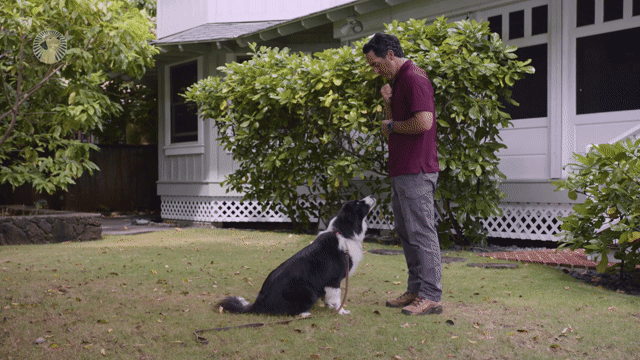
Focus and Attention
The Beacon Dog Academy is a fun, interactive experience for dogs and their owners that will help you build laser-sharp attention skills in any environment.
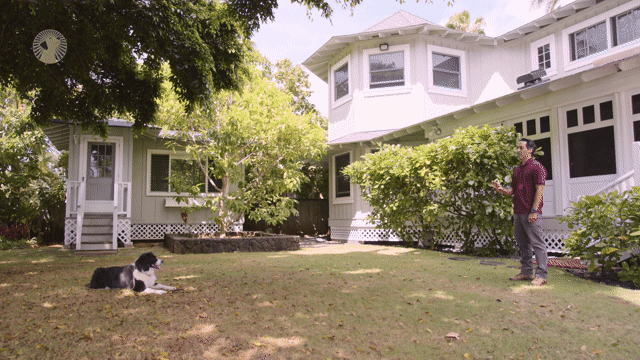
Perfecting the Recall
What is dog recall training? The recall is one of the most critical behaviors you can teach your dog. Learn how to perfect this behavior with your dog.
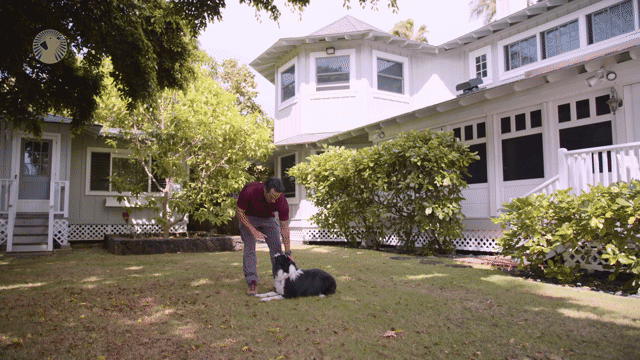
Practicing a Solid Stay
What is a reliable stay? Learn how to teach a dog the reliable stay command. Find out why time and distance are stressors, and how it is a life-saving skill.
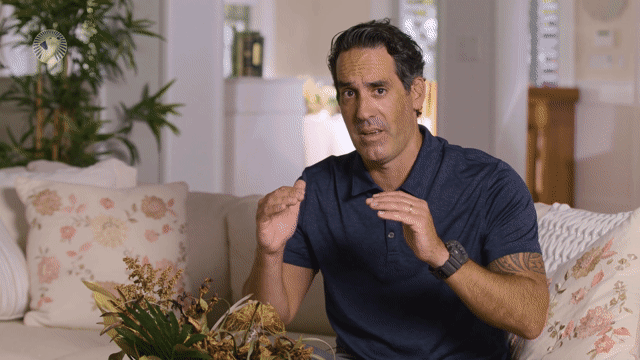
Problem-Solving Theories
Learn how to correct dog behavior problems (including food possessiveness and aggression) in order to make your life with a dog so much easier.
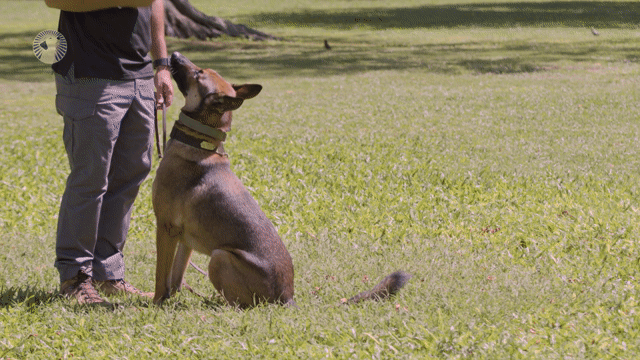
The Primal Power of Food
How to motivate your dog using food. Learn how to use food throughout your dog’s life to get the best out of them. Become an expert in motivating your dogs!

The Basics of Dog Psychology
You love your dog, but do you really know what your pup is trying to tell you? Most people don't. Dogs have a complex language of their own, and if we want to learn how to communicate with them on a deep level, we need to understand this language better.

The Ultimate Guide to Distance Obedience Training for Your Dog
What’s the best way to train your dog? It depends on what you want them to learn. There are many different techniques, but one of the most effective is distance obedience training.

How to Get Your Dog to Focus on You
Many people have difficulties with their dogs not paying attention to them and getting distracted by other things. This can be a complicated problem, but there are some ways that you can work on it!

How Do I Get My Dog to Stop Reacting to Other Dogs in the Street?
99% of the time, dog reactivity is a mix of human error and dog insecurity. And, dog insecurity exists because of human error, as well. In essence, you play a huge role in the reason why your dog reacts the way it does.